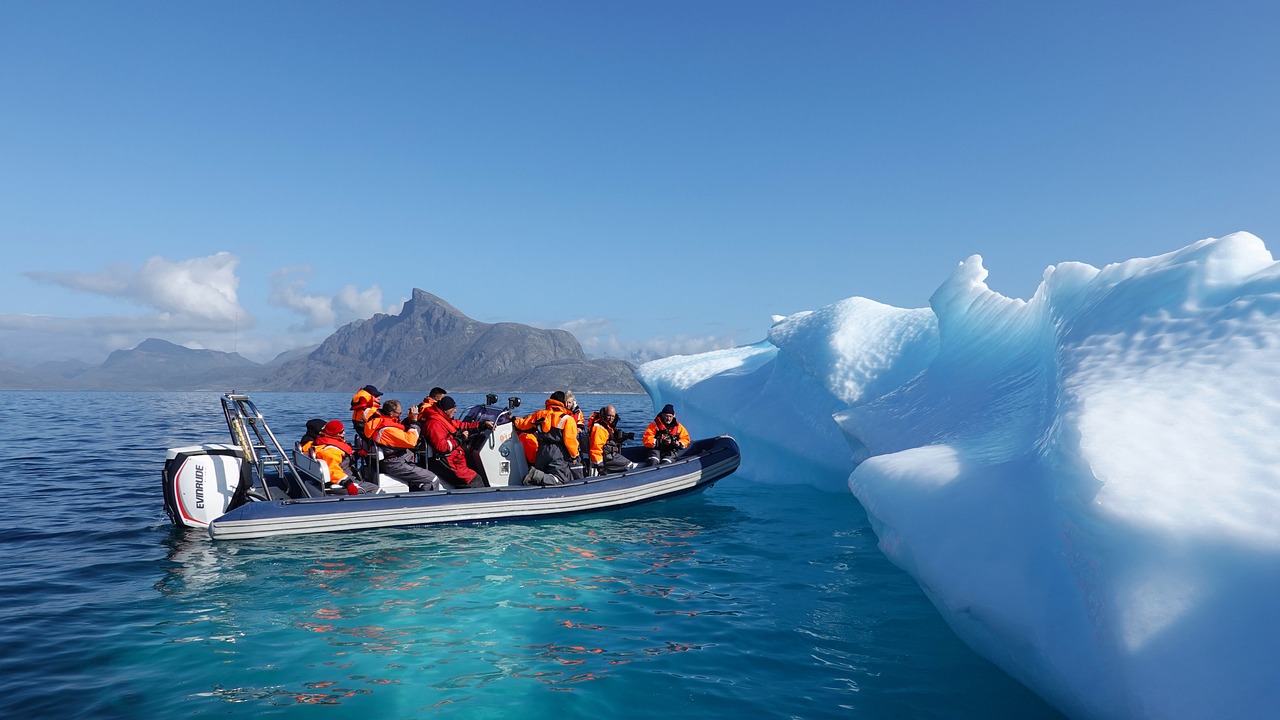
by Dorothy Dobbie
When the question about what is causing climate change arises, someone in the room is sure to declare that “97% of all scientists agree that climate change is man-made!” or something to that effect.
This is not true. It is a misinterpretation of an Internet survey of the Institute for Scientific Information database conducted in 2004 by Naomi Oreskes, a professor of Science History and Earth and Planetary Sciences, who typed in the key words, “global climate change” and found 928 papers that mentioned this. “After the analysis, she concluded that 75 percent of the examined abstracts either explicitly or implicitly backed the consensus view, while none directly dissented from it. The essay received a great deal of media attention from around the world.” (Forbes).
Three years later, she revisited this and concluded that about 20% explicitly endorsed the theory that “Earth’s climate is being affected by human activities.” About 55% implicitly agreed, meaning they didn’t say so directly. And the remaining 25% were focused on other issues. (Wikipedia article). I quote this extensively to respond to the criticism that the first quote was a Forbes fact checker quote by a fellow named Earl J. Ritche, who had worked in the oil business. A jump to discredit the source in the first response you get from the climate consensus crowd when you raise any question about the validity of the “consensus”.
Turns out a lot of people do not accept that man is responsible for creating the current volatility of the climate. And they are not “junk scientists” but a wide array of highly acclaimed researchers, theorists, physicists, climate scientists, geologists, and so on.
Sadly, they are all dismissed as crackpots or “climate deniers, cancelled, ridiculed and some have even lost their jobs.
This is very concerning, since as Dr. Michael Crichton put it, “The greatest scientists in history are great precisely because they broke with the consensus.”
“Science is organized common sense where many a beautiful theory was killed by an ugly fact,” said Thomas Huxley. Science is about narrowing uncertainty, said someone else. The point is that we must continue to question, to explore, to look for inconsistencies and absurdities and feel free to express them.
I am not a scientist, but I have an enquiring mind. The first question that always comes to me is Why?
When it comes to the greenhouse gas theory, I want to know why will levels of CO2 lead to destruction when science history says that levels in the past have been much higher? “CO2 levels around 600 million years ago were about 7,000 parts per million, compared with 442 ppm today. Then approximately 480 million years ago those levels gradually dropped to 4,000 ppm over about 100 million years, while average temperatures remained at a steady 72 degrees.” – Forbes.
Few people question whether climate change is real but surely it is fair to question conclusions that are drawn from a theory supported only by man made computer models that many are saying are based on flawed premises and all are clearly unproven.
Many totally ineffectual, absurd laws and even sillier proposals have followed on these conclusions.
Why does it make sense to say on one hand that we should eat bugs instead of meat, when the exact amount of methane emitted by the digestive tract of an animal is released by plants decaying on the ground? Why is carbon dioxide suddenly evil when it is the stuff of life – without it, plants that are voracious users of CO2, cannot survive? If they die, we will all die.
Why does it make sense to ban plastic straws when plastic is a key material in the manufacture of both solar panels and current windmills (as is oil)?
Why does it make sense to stop the sale of petroleum products to coal burning Asia and Europe when our petroleum is much cleaner fuel than coal, which emits 40% more CO2 that LNG and 30% more than natural gas? How can we justify the banning of plastic garbage bags and adding a pointless but ever-growing tax on home heating fuels when we deprive other countries of a clean alternative to their energy needs?
How do we justify a law that demands everyone be in an electrical vehicle (made largely of plastic) by 2030 when we know we don’t have the current electrical power to meet the demand that will be created (assuming we actually meet this artificial and unrealistic target just five and a half years from now)!
When I started on this article, I had planned to share some alternative theories about what is causing the warming we are hearing about, however, I have run out of time and this is a complicated subject, but there are many theories. The one that makes the most sense to me is that global warming waxes and wanes due to a multitude of factors that, despite all their hard work, climate prognosticators have not yet been able to thoroughly include, and analyze. Perhaps the burning of fossil fuels is one of those factors. Is it the overriding factor? We need to work a little harder at proving, disproving or relegating this to a place on a scientifically proven hierarchical list. Then we can change (maybe) human behavior as needed.
As for a gradual move away from fossil fuels and sourcing new energy? That will happen over time as we learn more about this planet we live on and learn to live with it instead on against it. Energy is all around us. It will be very interesting to see how we come to use it in the future.


